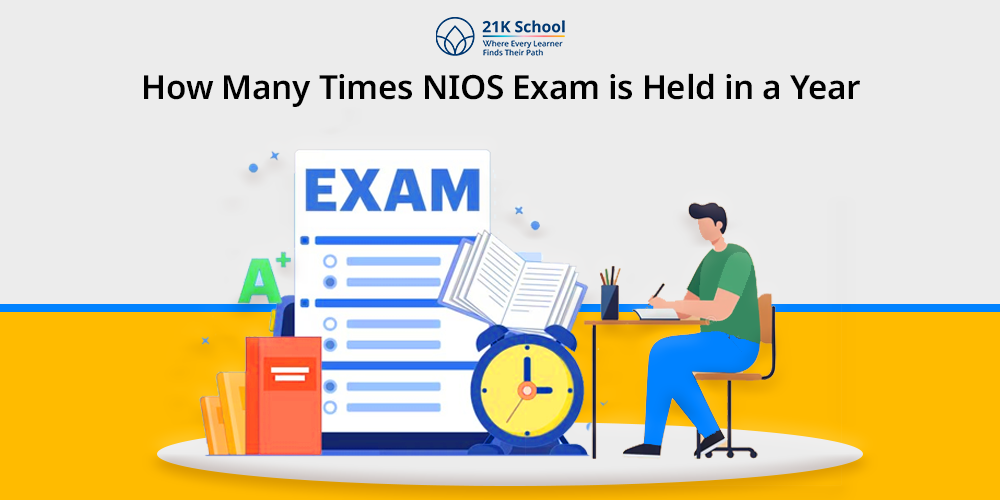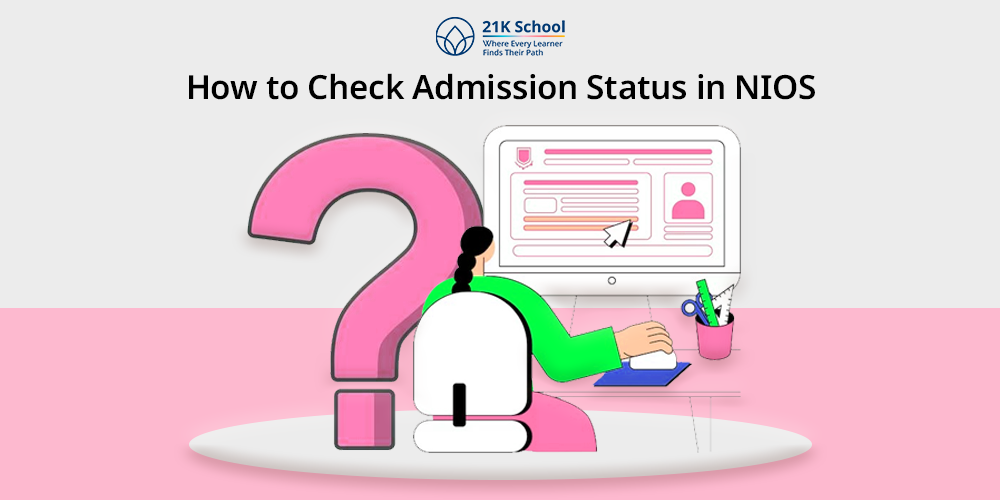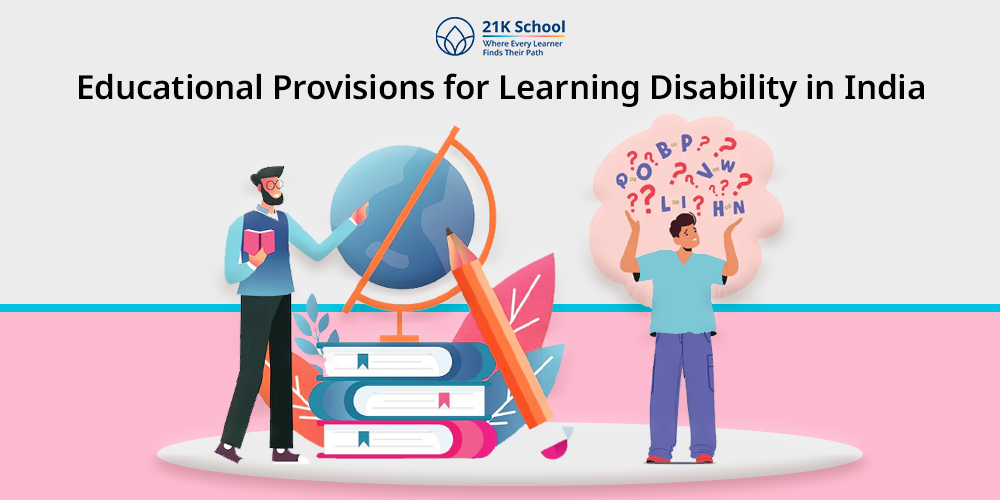
Education occupies a very crucial position in one’s life since it is automatically translated to success.
In this generation, as technology penetrates it is high time that we also incorporate this technology in teaching and educating our children.
One such innovation is Holistic Education that’s what we are going to discuss today.
It has been around for some time but its fame has only been rising in many institutions in recent years because of its numerous benefits.
Through this blog, you will be able to understand what holistic education entails, why it is advantageous, and some approaches that can be used to integrate holistic education into our education system.
Contents
What is Holistic Education?
Merriam-Webster dictionary defines holistic as, ‘relating to or concerned with wholes or complete systems rather than with the individual parts. ‘
Holistic education is an integrated approach to teaching that involves qualities of the mind, body, and spirit of the learners.
The functionality of this learning approach can be explained by the fact that every child has his or her specific learning needs and abilities.
This has been evidenced by research that points out that when learning is facilitated according to their habit, they are able to engage and learn.
Holistic education also promotes sustainable education to make students aware of their environment and thus making them a responsible citizen.
Back to holistic education – a brief history.
The holistic Education concept was first coined by Field Marshal General Jan Christiaan Smuts from South Africa who was a military leader, statesman, scholar, and philosopher in the early part of the twentieth century.
He is best remembered for his contribution to the creation of the League of Nations as well as the United Nations.
He was under the influence of the process of learning in Ancient Greeks who believed that “the world is a whole and learning is not part of man’s experience.
In later years, several other forms of education that were based on the aspects of holistic learning were introduced some of which include, the Montessori self-development education by Maria Montessori and the experiential education was introduced by Rudolf Steiner and Emil Molt and is known as Waldorf education.
Holistic Education Methods
Holistic education on its part seeks to produce a child who is fully developed in all aspects, academically, physically, psychologically, and spiritually.
It also is one of the best ways of learning that acknowledges the individuality of each learner, specifically a child.
Here are some important methods of Holistic Education:
1. Project Based Learning:
Relative to the other methods of learning, this one relies more on application than just on the conceptual part of a topic.
Not only is it more fun but also when it comes to learning to younger children as well as comprehending the theories easily and also more likely to stick to their head.
2. Experiential Learning:
Experiential learning comprises actual practical experiences like going to museums, or wildlife parks, seminars, and group discussions among others.
Children also get an opportunity to learn how to work in groups which enhances teamwork and collaboration.
3. Mindfulness and Wellness Programs:
This method of learning entails the practices that help in the development of the mental aspect of the child.
Some activities can therefore entail wake-up exercises like yoga or Nasha Yoga, awareness campaigns where educators conduct nutritional value workshops, or ensure that the children have a platform to be freely expressive, like Child talks.
4. Service Learning:
This method of learning incorporates participation in community service activities with all other curriculum activities that are performed every day.
For instance, cleaning a local park, or tree plantation, gardening at school, and so on. To the students, it will assist them in developing their social responsibility and team spirit.
Holistic Education – Teaching Strategies
1. Integrative Curriculum
Holistic education integrates curriculum and keeps the whole picture of different subject groups together so that students get insights across different fields of learning.
Critical thinking and problem-solving abilities, the 5C’s of Online Schooling are fostered through this approach.
For instance, a lesson in environmental science could use Biological aspect, Chemical aspect, and geographical aspects all through one lesson making it more rounded and holistic.
2. Emphasis on Emotional and Social Learning
Holistic education pays a lot of attention to the student’s feelings and interpersonal growth.
It uses activities like group assignments, brainstorming sessions, and debates, among others that will build on teamwork, understanding of other people’s emotions and perspectives as well as effective communication.
At 21K School, we have live classes and sessions, in which students are welcome to share what they learned, their opinions, and even emotions.
3. Personalized Learning Plans
In holistic education, learners are unique of learners and that all learners have an individual learning plan.
They are centered on the learning activities that the student has, including his or her preferences, strengths, and weaknesses in learning as well as learning modality.
With personalised learning at the centre of what 21K School does, students are guaranteed a chance to receive and facilitate their needs to an optimum.
4. Integration of Arts and Sports and Physical Activities
In a general curricular model, arts and physical activities are among the essentials adopted in curriculum delivery.
Music productions and painting and drama talents foster self and emotional conduct among the students.
Physical education benefits the children as they get exercised making them healthy additionally, they learn teamwork and perseverance.
Benefits of Holistic Learning
1. Enhanced Academic Performance
Holistic has been known to raise performance in education since it makes learning more fun for the student hence being more relevant.
A student can easily be encouraged to master and retain given knowledge and facts if the learned matter is explained within the context of the student’s passion and life events.
2. Development of Critical Life Skills
Holistic education enables the learner to be ready to solve decision-making issues and conflicts, interpersonal communication, and self and social awareness.
These three skills are very fundamental in the working environment and society in the twenty-first century.
3. Increased Motivation and Engagement
Education that encompasses every aspect of a child leads to a passion for learning because the child is addressed holistically.
Learning becomes interesting and students are more focused and attentive where instruction is differentiated and linked to what they experience in their everyday lives.
This kind of participation makes students attend classes frequently and hence reduces the rate of absenteeism.
4. Stronger Emotional and Social Well-being
Holistic education works for the maintenance of students’ emotions and social aspects.
The promotion of integrated development enables the students to learn how to avoid stress, also learn to handle relationships, and master a healthy perception of self.
This way, they become more versatile people, better prepared for life in general.
Conclusion
Holistic education is a powerful approach to learning that nurtures all aspects of a student’s development.
This is why holistic education involves the use of teaching methods as well as concentration on the student, as a total being, to enable him or her to have an all-round education that encompasses not just examination results but also the general well-being of the individual.
At 21K School we understand that in society there is a need to balance the provision of education and ensure that it gets to all learners in a way that will enhance their potential.
That is why the value of holistic learning, it prepares students for the challenges of the world at large with a positive vantage point.



